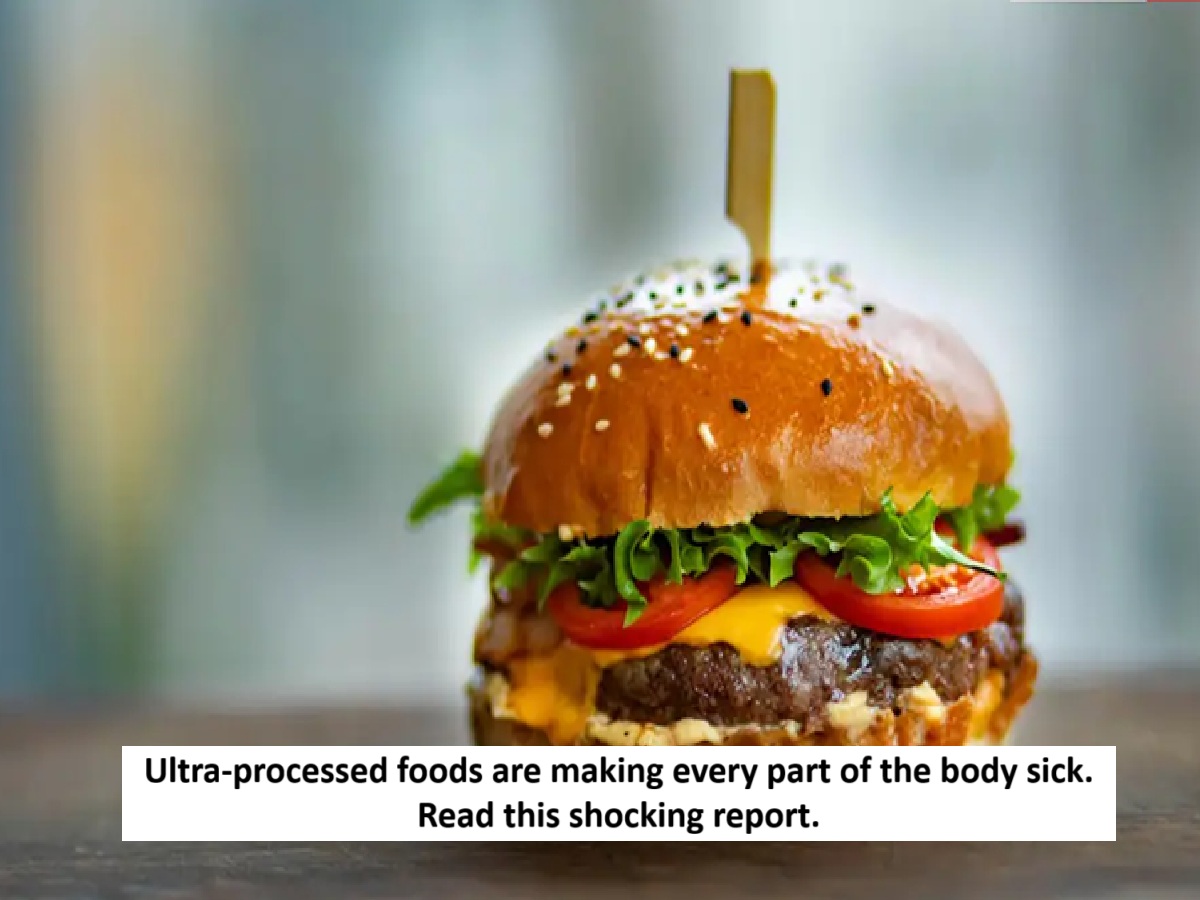
News Topical, Digital Desk : Fast Food Side Effects: Nowadays, human lifestyles have changed significantly, and people are increasingly relying on eating fast food from outside instead of cooking. But do you think that an occasional bite of French fries, chips, or a sugary drink from the store won't do any harm? If you also think that it won't do any harm, beware. The latest Lancet report reveals otherwise. The new series reveals that ultra-processed foods harm almost every major organ in the body and can cause many long-term diseases and premature death. These packaged foods, widely consumed worldwide, are now causing such serious health problems that experts are demanding immediate strict regulations, labeling, and policy changes.
A bite or two may seem harmless, but research shows that this very beginning has profound effects on the body in the long run. This series of three major papers, published in The Lancet, is considered the most comprehensive review of UPFs to date, and it clearly demonstrates that these foods can harm every major organ. Let's explain the risks involved.
UPF linked to many diseases including cancer
UPFs are everywhere today. According to a BMJ study, more than half of Americans' daily calories come from ultra-processed foods. From breakfast cereal to burgers, chips, packaged snacks, soft drinks, frozen meals, biscuits, cake mixes, instant noodles, nuggets, sausages—the list goes on. The findings of 43 experts from around the world, after conducting research, are alarming. 92 of these studies found that UPFs increase the risk of chronic diseases, be it heart disease, diabetes, obesity, or depression. Several studies also linked them to premature mortality.
Nutrition expert Carlos Monteiro explains, "The evidence is clear that the human body is not biologically prepared for these foods. UPFs damage every major organ system." Researchers developed the NOVA system based on the level of food processing, with UPFs falling into the highest (Level 4) category. This means foods that are industrially produced and contain artificial ingredients like flavors, colors, and emulsifiers.
Clear labeling and strict regulations are needed.
The researchers recommend that UPFs be clearly and boldly displayed on the front of packs, along with warnings about sugar, salt, and fat. They say people are often tempted by "healthy"-looking packages, which actually contain high UPFs. They warn that global companies are increasingly promoting these products for huge profits. Marketing and political lobbying are preventing sound public-health policies from advancing.
--Advertisement--

 Share
Share



